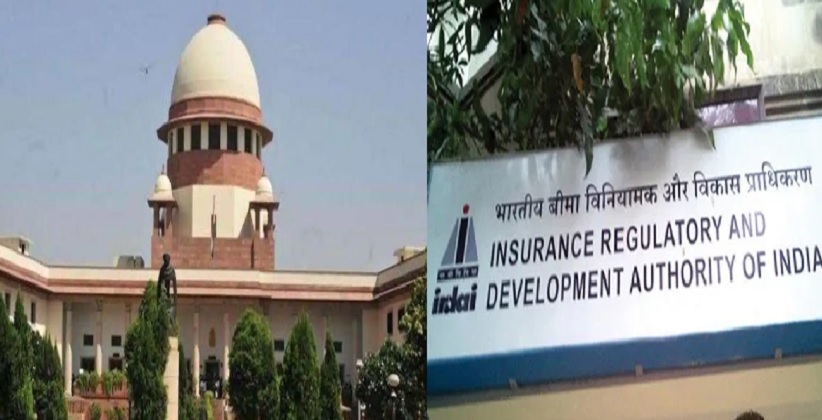On Tuesday (16 June, 2020), the Supreme Court issued a notice to the government and Insurance Regulatory and Development Authority of India (IRDAI) to sought response from them over a Public Interest Litigation (PIL), demanding extension of medical insurance cover to treatment of mental illness.
It is likely that the PIL was filed amid the heated debate and public outrage over the suicide of Bollywood actor Sushant Singh Rajput, who was allegedly depressed before taking the drastic step.
The matter was taken up by a full bench headed by Justice R F Nariman, and comprising Justices Navin Sinha and B R Gawai along with him. The petition, filed by advocate Gaurav Bansal, alleged violation of provisions of Mental Health Act, 2017, which deals with right to equality and non- discrimination
The petitioner argued that Section 21(4) of the Medical Healthcare Act provides for every insurer to include mental illness in medical insurance. He also alleged that the IRDAI is bypassing responsibilities and is not serious about providing protection to people with mental illness.
The petitioner also said that because of red-tapism in the insurance sector and IRDAI, the above-mentioned provision has not been complied with till date. The failure of IRDAI in regulating the insurance companies properly and, in mandating them to apply provisions of the Mental Health Act, 2017, is creating a lot of hardship to mentally ill persons.
Despite having specific provisions under the law, IRDAI is reluctant in taking any immediate action, said Bansal. The bias of IRDAI is in itself discrimination against persons with mental illness and as such is causing immense hardships for persons with mental illness. Instead of levying punishment on insurers for not including the provision of the Mental Health Act, 2017, IRDAI is bypassing its responsibilities, he added.
The plea said that, The one of the Right which Mental Healthcare Act, 2017 provides is that insurer is directed to not to discriminate with Persons with Mental Illness (PMI) only on the basis of mental illness and as such is further mandated by the Parliament of India to treat Persons with Mental Illness alike others as far as medical insurance is concerned.
On 16 august, 2018, IRDAI had issued a circular to all insurers asking them to comply with the provisions of the Mental Health Act, 2017. In order to check its the compliance by the insurance companies, Bansal filed an RTI application dated 10 January, 2019 under Section 6 of the Right to Information Act, 2005.
The plea said, It is respectfully submitted that on 06 February, 2019, Respondant No. 02 (IRDAI) replied to the RTI dated 10 January, 2019 wherein it was informed that till date none of the insurers have implemented the order dated 16 August, 2018 issued by IRDAI, adding, that no action was taken by the insurance regulator against any insurer for non-compliance with the said order.
It pointed out that the prime objective behind formation of the IRDAI was to safeguard the interests of policy-holders but its acts seem to divert from its main motive. It asked the SC to issue directions to IRDAI to implement provisions of MHA, 2017 and submit an Action Taken Report.







